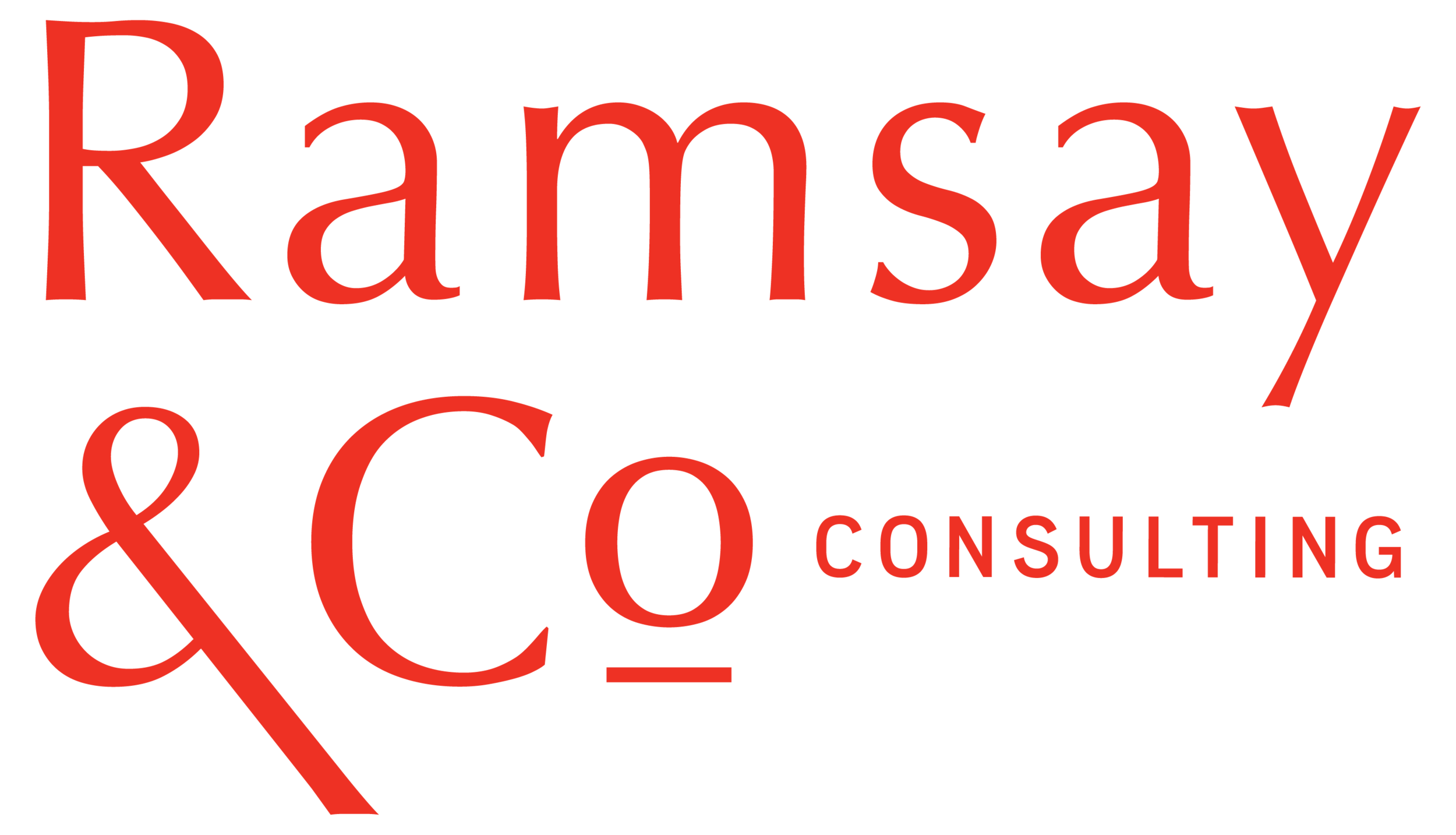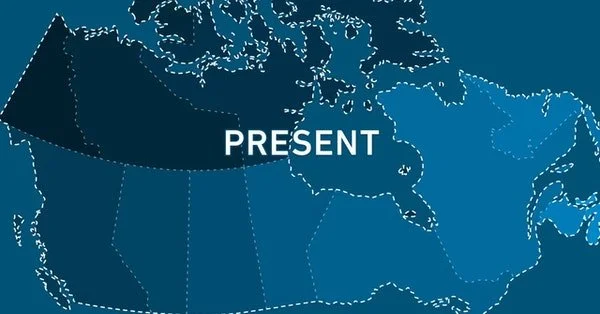#49 Shared Histories
And Why I Don’t Celebrate Canada Day
History is storytelling and the stories we choose to tell through history have power. They shape societal ideology and the shared narratives of who we are as groups of humans whether we’re talking about families, cultural collectives, or citizens of a country. They help us define ourselves.
I’ve always counted myself lucky to grow up in a country that isn’t especially nationalistic. Canadians struggle to define what it means to be Canadian. While some agonize over our displaced sense of self, I like it. Even as a kid when our national television station would run specials on what it means to be “Canadian” I wondered, why do we care so much? Doesn’t that in itself make us something interesting? We have a sense of shared values and shared national history, but an absent Canadian ideology actually makes space for the unique stories we each have to share within the context of our collective experience. It leaves room for new ways of understanding ourselves as individuals and as members of an ever-evolving society.
But that doesn’t mean the stories we tell and the history we preserve don’t matter. In fact, they matter more when we live in a place that leaves so much room for us as individuals to decide who we are as a collective. The fact that some Canadians were unaware of the horrific reality of residential schools, their generational impacts, and the ongoing Indigenous fight for sovereignty in Canada and abroad is a failing of our school systems and our society—though a some would say it’s the system working as it was designed to. But this grave omission in the Canadian narrative for so many of us means we missing a critical component of our shared story and with it our sense of a path forward as a community.
Canada has an undeniable racist, colonial history that is often glossed over in our textbooks and history classrooms. And that does us all a great disservice. Because it allows room for confusion about the discrepancy between who we think we are and who we show ourselves to be when mass graves are found outside schools that were set up as a system to erase entire cultures and peoples.
To the victor goes the spoils and included in that booty is the unchecked power to shape the story that is told. In the process of writing history a lot of founding fathers did their nations the disservice of ignoring the brute horror of “founding.” From the gruesome history of Canadian colonialism and residential schools to the brutal systems of American colonialism and slavery. But for our stories to have resonance and legitimacy, those truths need to be a part of how we shape our understanding of where we’ve been as a country and where we’re going.
We don’t need to erase the gruesome parts of our stories for them to have value, in fact that truth and honesty about our experiences and where we failed, create greater impact and meaning for those we share them with. They leave room for learning and doing ebtter.
Canada is a country with as grim a history as any other nation built on the false notion of European “discovery.” Think about what the history of Mexico, South Africa, India or any other nation colonized by Europeans would look like told through the narratives told by Indigenous people rather than colonizers. Those stories exist. They exist in Canada as well. I think our job as Canadians—people with a shared sense of history and values who reside on Turtle Island—is to acknowledge the full scope of our histories, rewrite some of the false stories we’ve told and use that newfound (for some us) understanding of who we’ve been to impact who we choose to be moving forward. As settlers in any country, it’s our duty to work with Indigenous communities to rectify wrongs done in the past and find a path toward true reconciliation and new shared stories.
We need to tell and share the full truth of our histories if we’re meant to move forward in a way that allows for a fulsome understanding of ourselves as citizens and as members of a community.
Which is partly why I don’t celebrate Canada day. I haven’t for years. It always felt a little weird to me given our history. I’m also just not a fan of fireworks (too loud) and crowds (too close). But not because I don’t believe in celebrating our founding stories; it’s because I believe in a better story—one that includes the good and the awful. The truth of who we are. I believe in the potential of a truer sense of community among the settlers and Indigenous peoples of Turtle Island. (And that version of the story assumes a path to indigenous sovereignty, but that is a story for another day and for every day).
A Story Well Told
The Reconciliation Manifesto by Arthur Manuel and Grand Chief Ronald Derrickson is a great primer on the current state and future potential of Indigenous rights and sovereignty. Since reading it for my book club, I’ve recommended this book to colleagues, workshop attendees, social followers and friends. It is digestible and simplifies what often feels overwhelming and complicated in the mire of politics and human rights at play. If Indigenous history in Canada is new to you, I’d also recommend this University of Alberta course on Indigenous Canada. It’s digestible and introductory if you’re just coming into understanding Indigenous history in Canada. It’s free and a great place to start educating yourself.
And also this:
Subscribing and sharing are the two best ways to help me continue to share my adventure in storytelling. If you know someone who has a story to tell and may need some help crafting it, please share this newsletter with them and encourage them to subscribe.
Have a question? Something you’d like me to cover in a future letter—an element of your storytelling you may be struggling with? Just ask. Leave a comment below. I’m here to help.
You can follow me on Twitter here, and Instagram here. And you can always reach me through my website.
Thanks for reading and I’ll “see” you next week. Whatever the world may bring, there will always be important stories that need you to tell them. I’ll be here to help.
Chantaie Allick
Writer|Strategist|Storyteller
Thanks for reading Adventures in Storytelling!
Subscribe for free to receive weekly insights and resources for better communication through storytelling.


